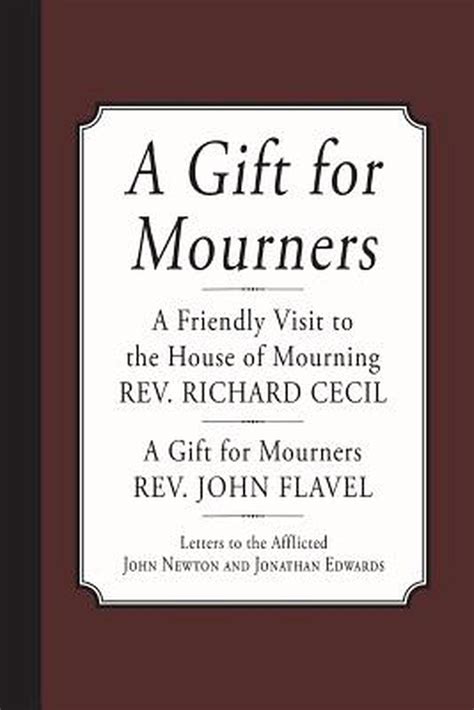A Quote by Edward Gibbon
The author himself is the best judge of his own performance; none has so deeply meditated on the subject; none is so sincerely interested in the event.
Related Quotes
Sing songs that none have sung, think thoughts that ne'er in the brain have rung,
Walk in paths that none have trod, weep tears as none have shed for God,
Give peace to all to whom none other gave,
Claim him your own who's everywhere disclaimed.
Love all with love that none have felt and
Brave the battle of life with strength unchained.
Only a great man, believe me, and one whose excellence rises far above human failings, will not allow anything to be stolen from his own span of time, and his life is very long precisely because he has devoted to himself entirely any time that became available. None of it lay uncultivated and idle, none was under another man's control, for guarding it most jealously, he found nothing worth exchanging for his own precious time.
After a study of some forty years and more of the great religions of the world, I find none so perfect, none so scientific, none so philosophic, and none so spiritual as the great religion known by the name of Hinduism. The more you know it, the more you will love it; the more you try to understand it, the more deeply you will value it
You should rather suppose that those are involved in worthwhile duties who wish to have daily as their closest friends Zeno, Pythagoras, Democritus and all the other high priests of liberal studies, and Aristotle and Theophrastus. None of these will be too busy to see you, none of these will not send his visitor away happier and more devoted to himself, none of these will allow anyone to depart empty-handed. They are at home to all mortals by night and by day.
Good work is no done by "humble" men. It is one of the first duties of a professor, for example, in any subject, to exaggerate a little both the importance of his subject and his own importance in it. A man who is always asking "Is what I do worth while?" and "Am I the right person to do it?" will always be ineffective himself and a discouragement to others. He must shut his eyes a little and think a little more of his subject and himself than they deserve. This is not too difficult: it is harder not to make his subject and himself ridiculous by shutting his eyes too tightly.
The keynote of American civilization is a sort of warm-hearted vulgarity. The Americans have none of the irony of the English, none of their cool poise, none of their manner. But they do have friendliness. Where an Englishman would give you his card, an American would very likely give you his shirt.
We are in the society of the teacher-judge, the doctor-judge, the educator-judge, the 'social-worker'-judge; it is on them that the universal reign of the normative is based; and each individual, wherever he may find himself, subjects to it his body, his gestures, his behavior, his aptitudes, his achievements.





































